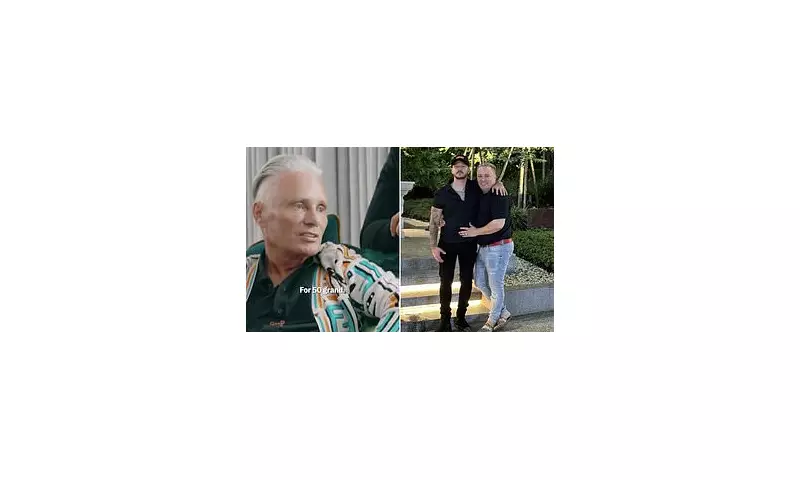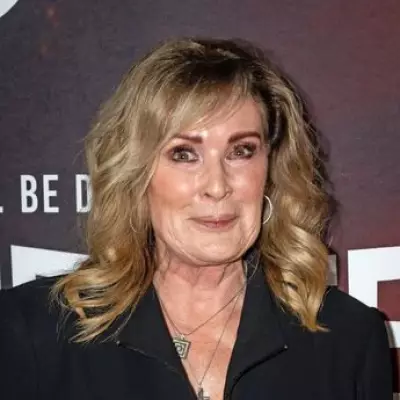
A British gay father has made a startling and controversial confession, revealing his deep regret over the choice of an egg donor for his children. The man, who paid a premium for a donor he selected from a catalogue of models, claims his twin sons are "ugly" and do not resemble the beautiful donor he chose.
The father's story, shared exclusively with the Mail, exposes the raw and often unspoken pressures within the world of commercial surrogacy and the pursuit of 'designer babies'. He spent a small fortune to secure an egg from an intellectually gifted and physically attractive model, hoping to guarantee certain traits in his offspring.
The Promise of Perfection
The process involved meticulously browsing profiles of potential donors, with a premium placed on looks, academic achievement, and overall health. The selected donor was, by all marketed accounts, the epitome of the perfect genetic candidate. This choice came with a significant financial cost, representing a major investment in the father's dream of a perfect family.
A Father's Devastating Regret
However, upon the birth of his twins, the father was consumed with disappointment. He asserts that the children bear no resemblance to the beautiful donor and, in his words, are "really ugly". This has led to a complex and painful emotional journey, straining his relationship with his partner and challenging his ability to bond with the boys.
His confession raises piercing ethical questions about the nature of modern family creation. It forces a examination of the expectations placed on elective fertility treatments and the moral responsibility of prospective parents.
The Broader Ethical Debate
This case has ignited a fierce debate among fertility experts, ethicists, and the public. Critics argue it highlights a dangerous commodification of children, treating them as products that can be customised to order. The very idea of a parent publicly lamenting their child's appearance challenges fundamental notions of unconditional love.
Fertility clinics operate within a legal framework, but this story probes the psychological and moral implications of their services. It questions whether enough is done to counsel parents on the realities of genetics and the unconditional commitment required for parenthood.
This father's heartbreaking story serves as a stark cautionary tale. It is a profound reminder that children are not commodities and that the pursuit of genetic perfection is a fraught and ultimately human endeavour, filled with uncertainty and requiring unconditional love above all else.





